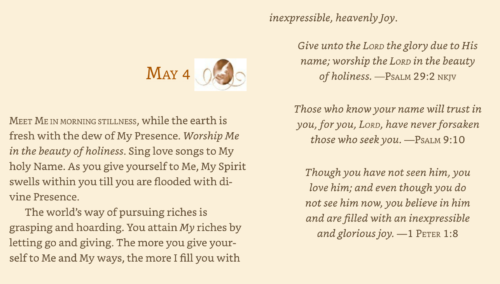The Wrong Kind of World
Violence encourages the wrong kind of world, a world that creates conditions for violence against bodies instead of one that seeks to suture the cultural pain and create conditions for bodies to exist without the threat of violence. —Robyn Henderson-Espinoza, Body Becoming
Activist theologian Robyn Henderson-Espinoza affirms our collective capacity to build a world in which bodies do not suffer violence. They write about joining Christian leaders in opposition to racial hatred in Charlottesville, Virginia in 2017:
Soon after I returned home [from Charlottesville], I began receiving Twitter messages and emails, and unmarked packages slowly began arriving at my doorstep. Someone had my address and was mailing packages in an effort to scare and harass me. . . .
As I waded through hate mail and packages sent to my home, I began to think about the kind of world we want to build. . . .
What kind of humans do we want to become?
What kind of world are we seeking to inhabit? . . .
Our world and our culture promote and accelerate violence against bodies. Our embodiment is threatened by policies and politics that don’t have regard for the felt sense of the body or for the ways our feelings and emotions are impacted by all that is happening in the world. So the question about reclaiming our bodies and leaning into the work of becoming embodied is also about how we care for ourselves and learn to care for another.
With manifold violence occurring at our borders and with a global pandemic creating the violence of cascading grief, it is important to think through and feel through how to be as present with our selves and with one another as best as we can, asking the following questions: What are our practices of being present? Are we breathing with our collective body, or is our collective body so broken and in pain that we cannot access the collective nature of our body? Presence first begins with us, with me. And after me, it begins with the I connected to the we . . . . [1]
Buddhist teachers Pamela Ayo Yetunde and Cheryl Giles write about conscious breathing as a practice of being present, which is an integral part of their resistance to racial violence:
Recognizing our deepest feelings, we know we cannot live fully with suffering, invisibility, and dehumanization. Our resistance to oppression is our right to breathe freely, without the force of a hand or foot or knee on our throats constantly draining the life out of us. By watching Black and brown bodies die by police violence without resistance, we slowly die too. . . . And perhaps by not resisting, we unwittingly make a choice to allow ourselves to be silenced because we are too afraid to claim and honor the most precious gift we hold: the breath. But as Black Buddhist practitioners, we intimately know the breath through mindfulness of the breath. In honor of George Floyd and countless others, we vow to breathe. We breathe for the well-being of all sentient beings. [2]
